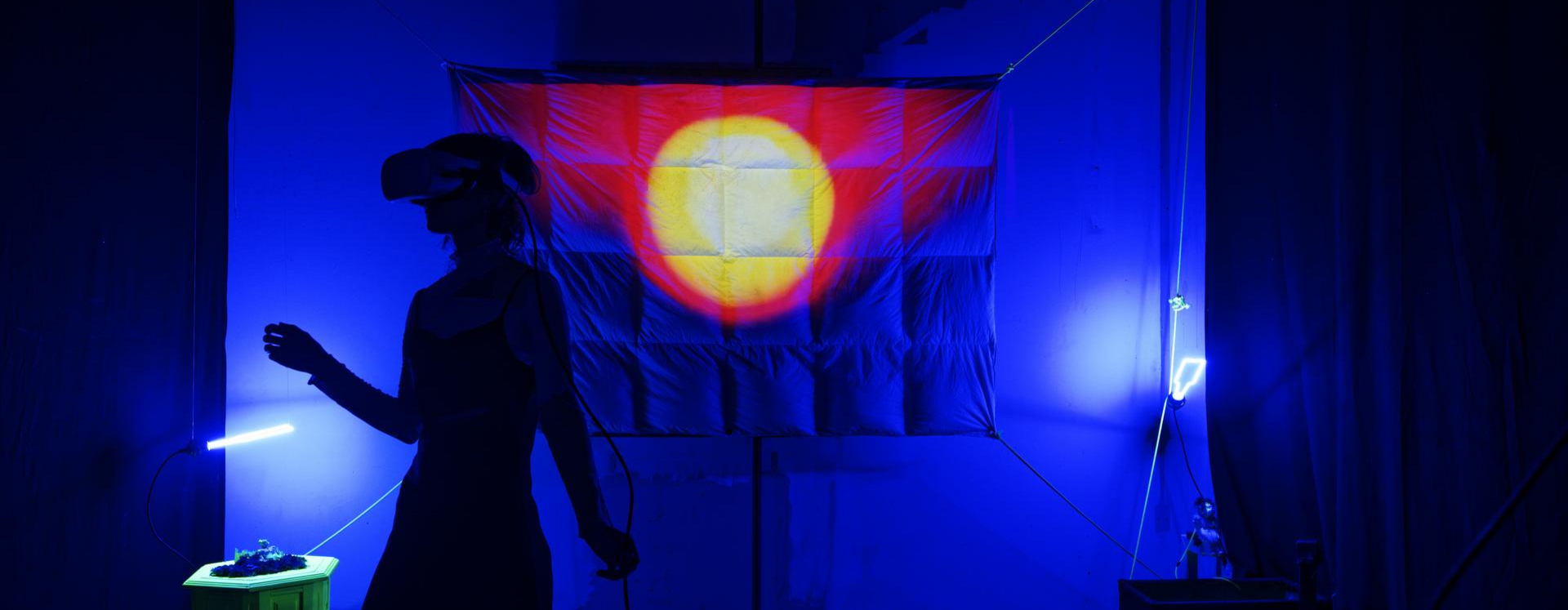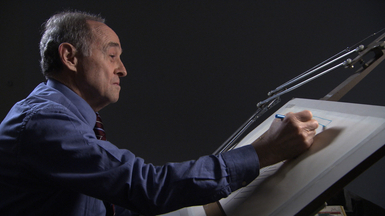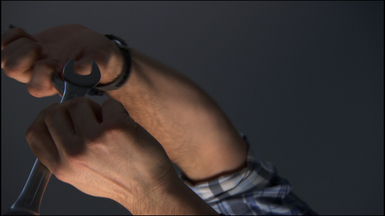Free to work
"Who knows how long my employ will last? There have been moments and situations in which I felt the risk, because maybe yesterday I did a very good job, but this couldn’t save me. For, when two companies merge, maybe there is another Luisella somewhere else. Another person like you; and the counterpart may decide that they don’t need the two of us, but only one. And so it’s me or the other. And the choice is not up to me." - Luisella
"'Free to Work' is a conceptual framework for myself, a theatre director in need to abandon practical concerns in order to focus on larger questions, and for my subject: how people construct their identities through work, in a time when work has become an increasingly important and challenging variable in the construction of identity. Modern workers are asked – if not demanded – to be flexible in their working lives: this can involve relocation, company merger, trainings, master...
Until last century the work was often connected to a possibility of emancipation: from the macabre slogan "work will make you free" until the first sentence of the Italian constitution of 1946, “Italy is a democratic republic based on labor” - which emphasized the close connection between the freedom of an individual and the ability to exercise a profession.
Over the last twelve years, I have lived in five different countries because of my work. In each new place, in addition to learning languages, renting apartments, and setting up homes, I had to reaffirm my identity through different cultural experiences.
My project is based on interviews with Italian workers, who moved to the Netherlands over the last 40 years. Their moving and migrating is often an expression of freedom, as is the reinvention of a persona. As I would deal with actors I asked them to give a visible body to their memories through the re-enactment of their professional tasks and gestures.
The theatre practice I am coming from, reconstructs experiences through a physical process and a process of mise-en-scene. Emotions as well as the verbal storytelling aren’t the starting point but arise from the causality of a gesture, or through the repetition in rehearsal time. In this documentary research, I also work with memory, not as a mental process but as an experiential one used to reconstruct the past.
The focus is on the way bodies can tell their own stories: When the body of a worker shows traces - if not scars - that remain from his work. I was searching for traces of freedom in the physical memory of gestures and situation and how these previous activities still conditions the present everyday life in their profession or free time.
Contemporary theatre frequently addresses transparency as a performative tool, constructing the illusion of a story while also revealing its construction. Employing this principle into documentary practice I make my directorial process of manipulation visible for the audience, by asking question, staging the set up, raising doubts. This visual approach, as the characters were on a stage, let the viewer revisit, from an intimate perspective, our collecting memory about work."




